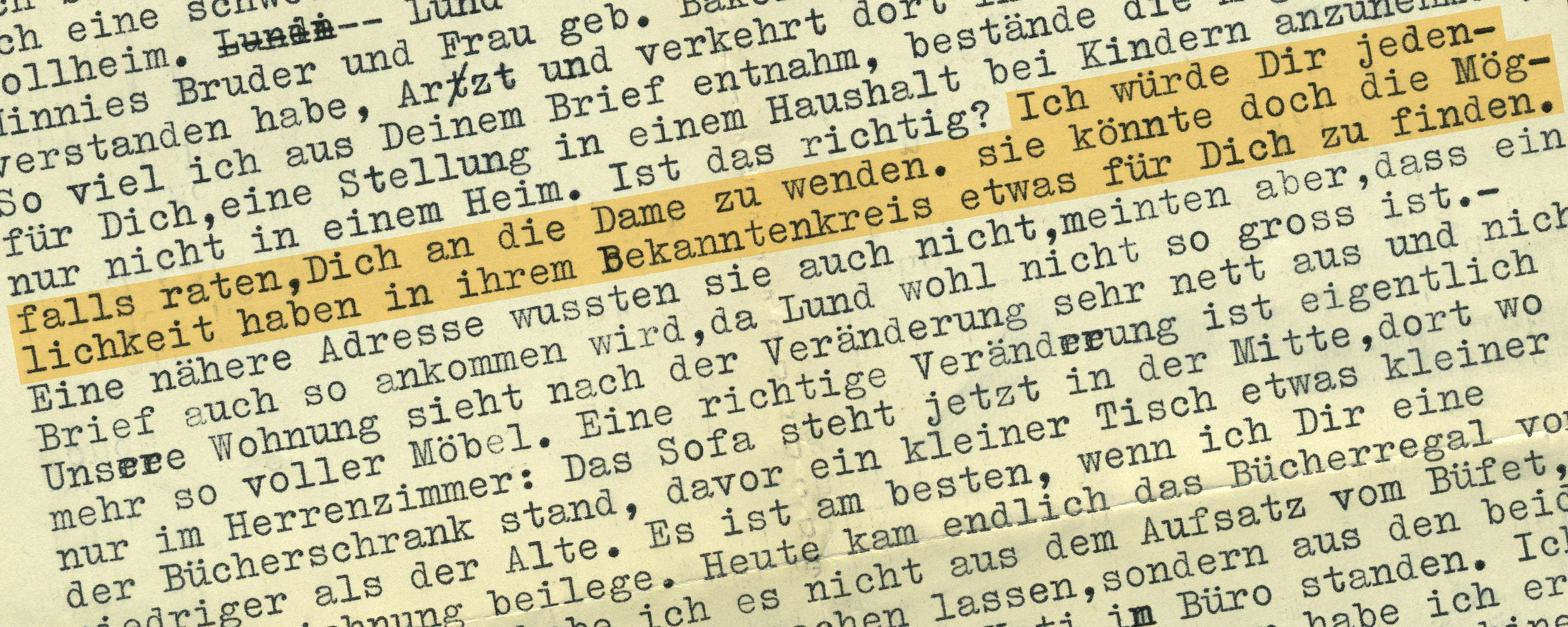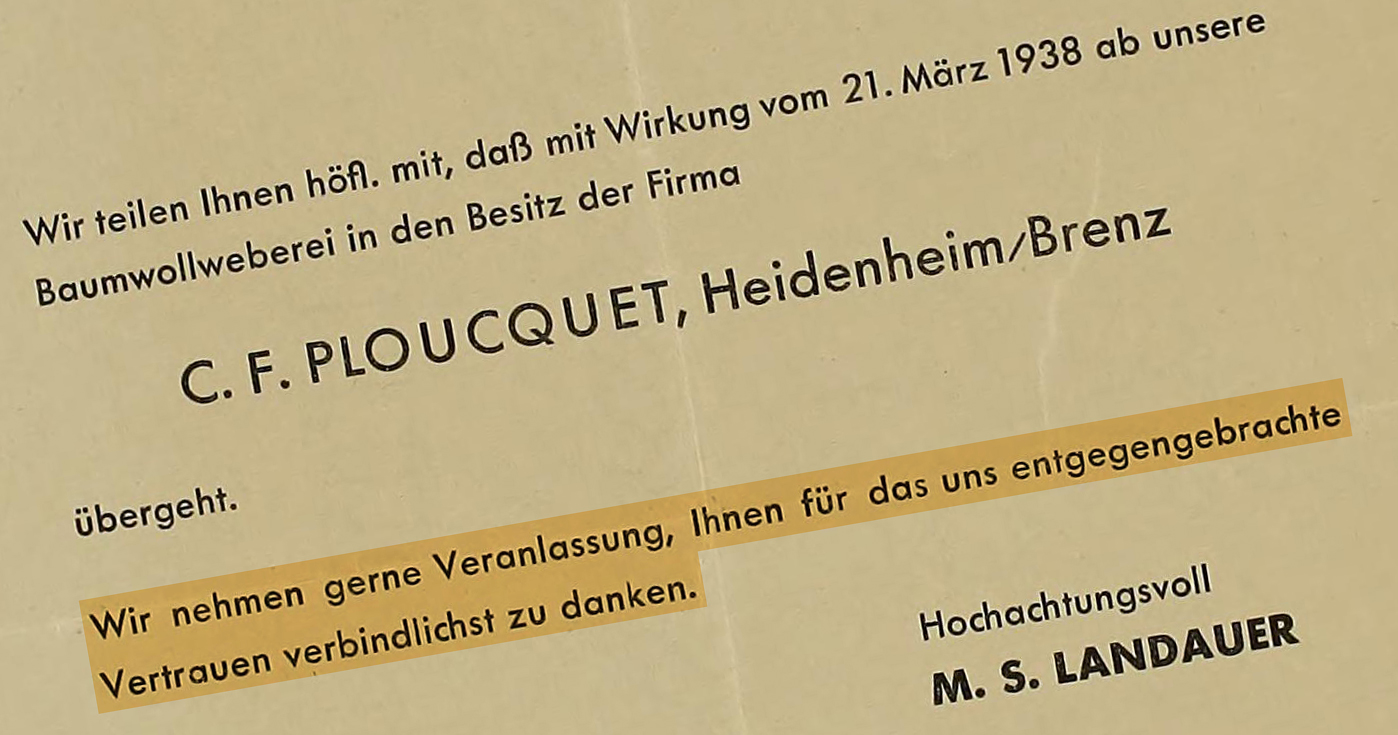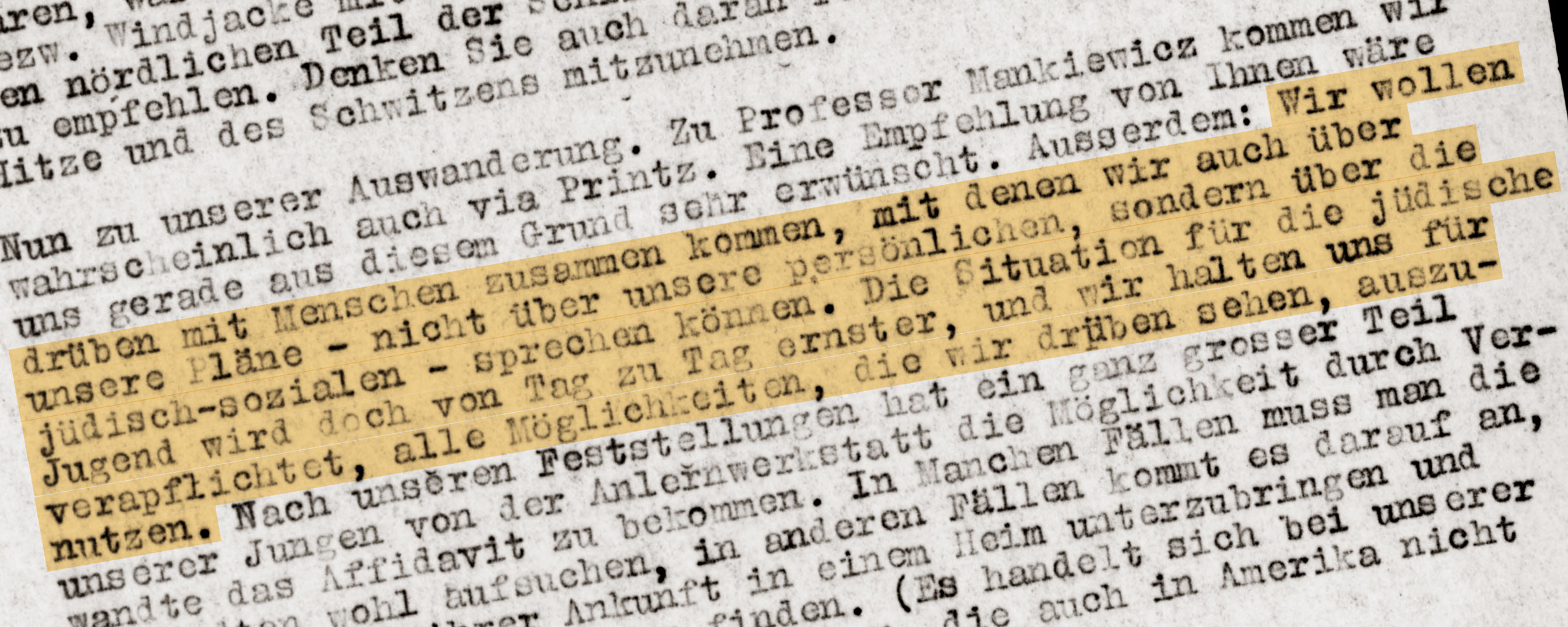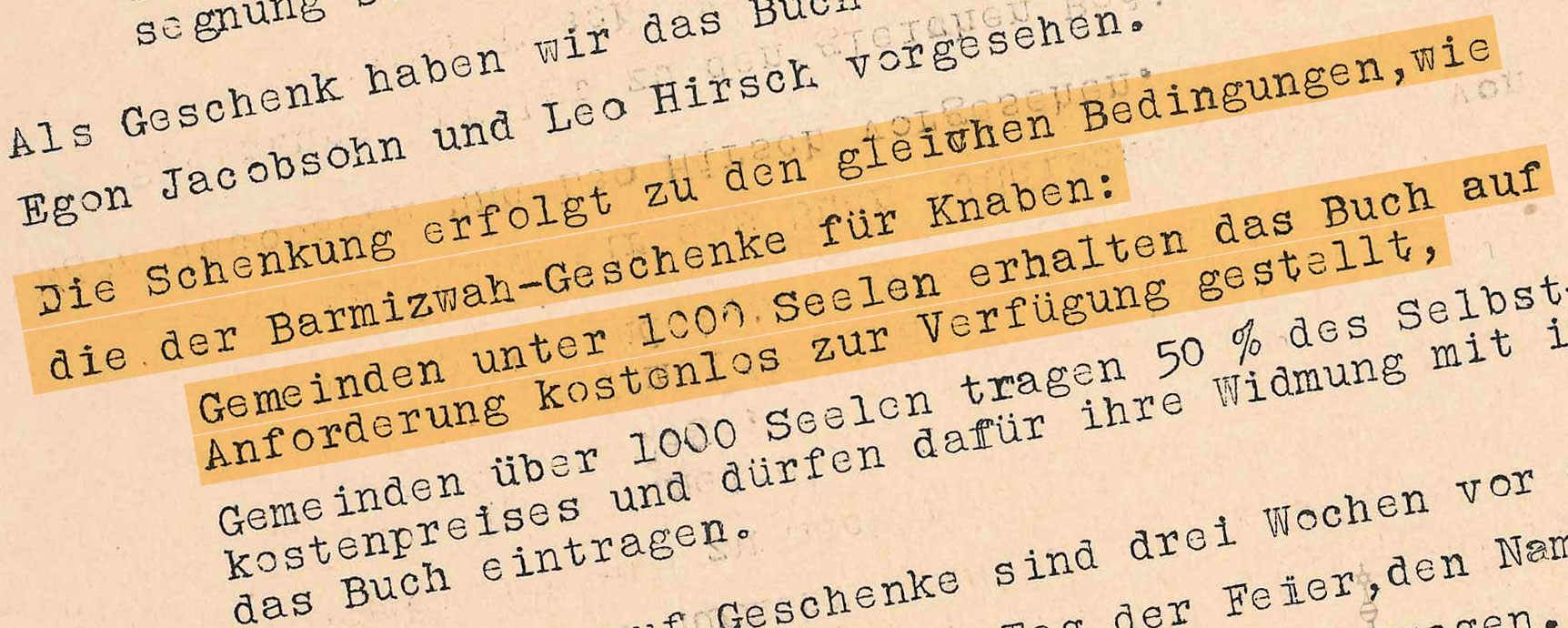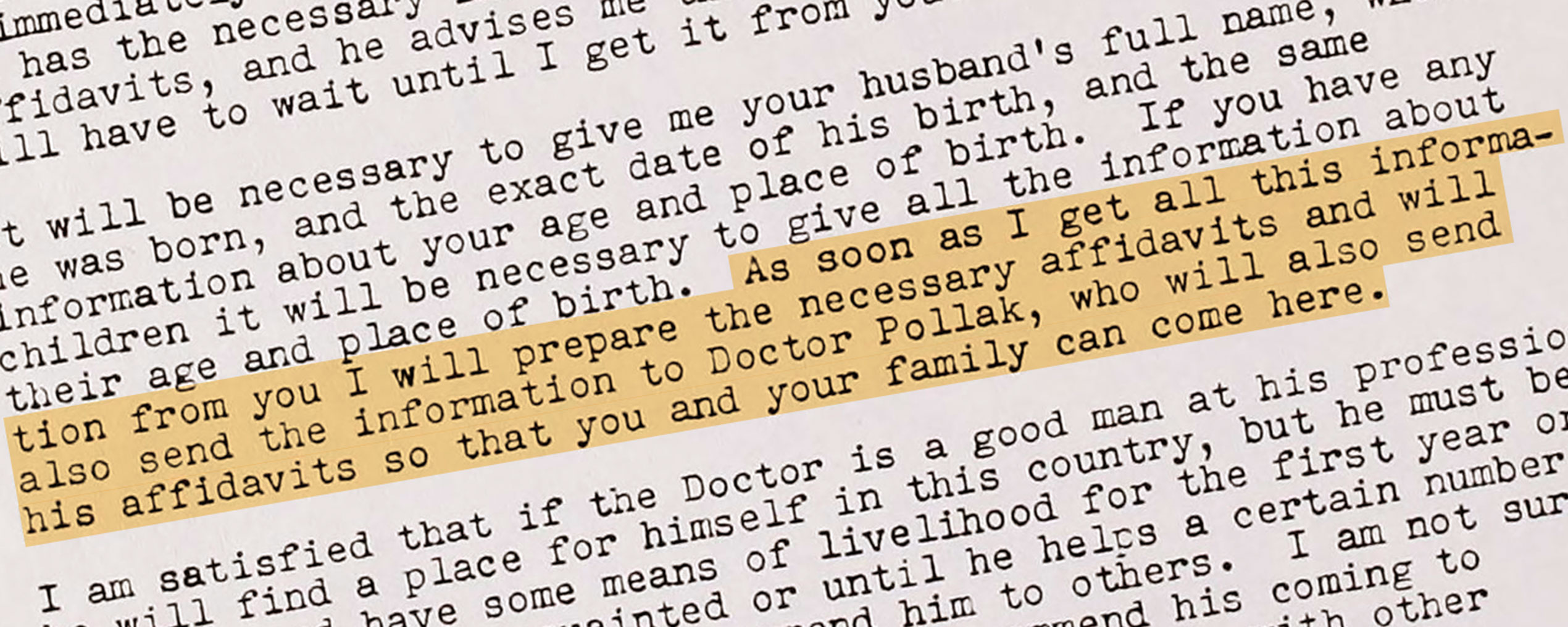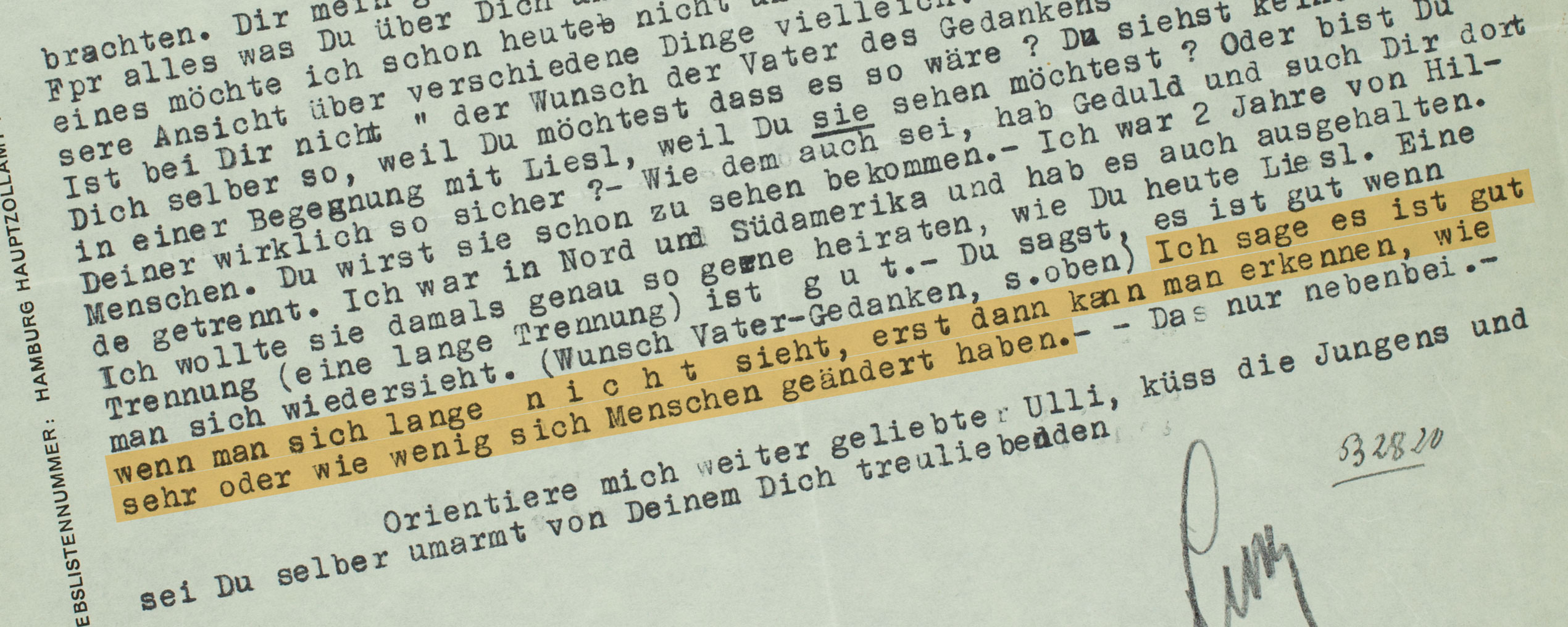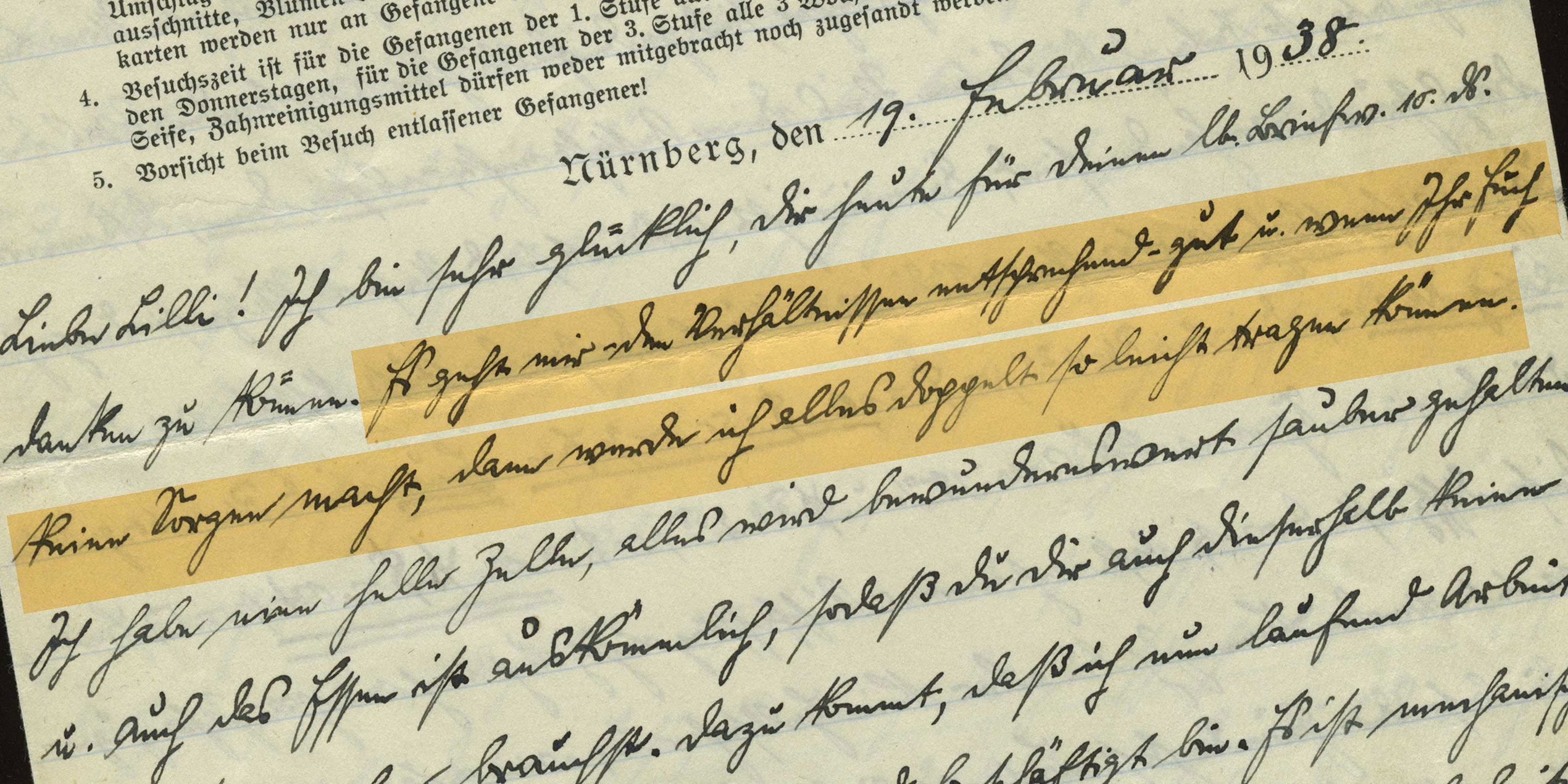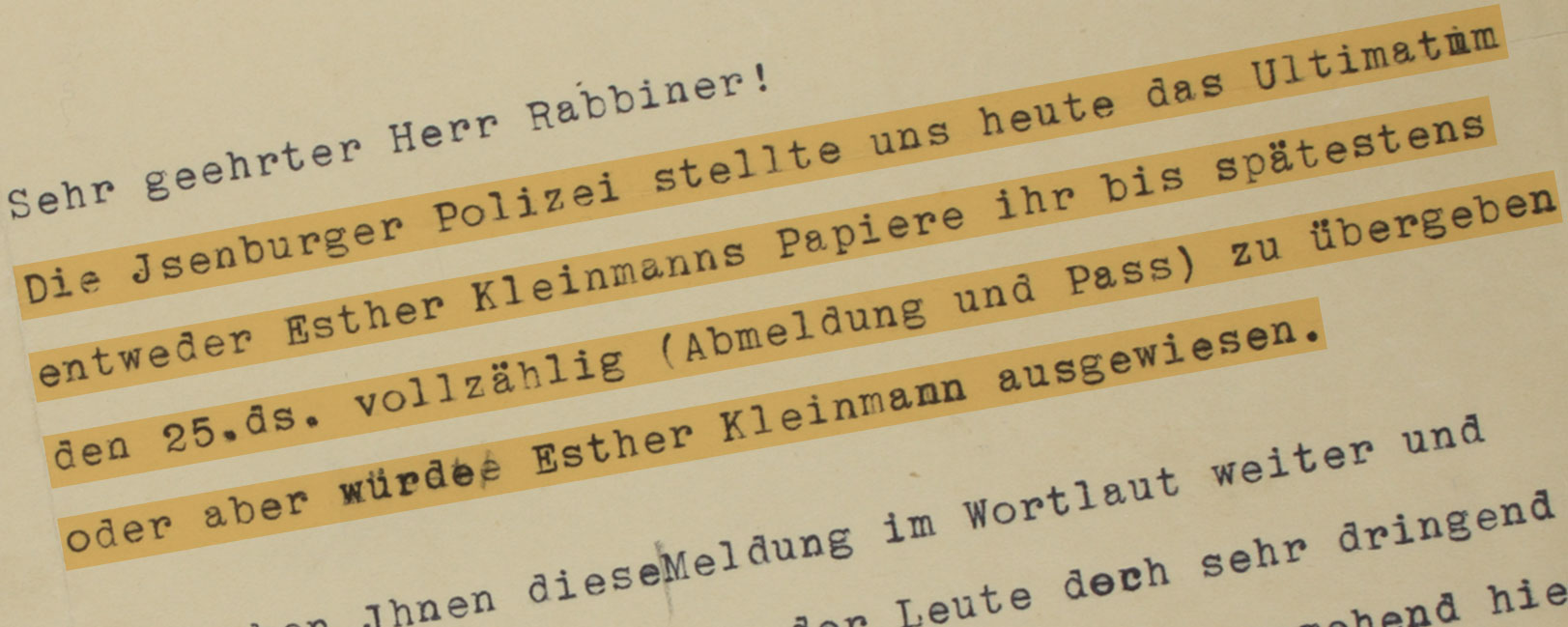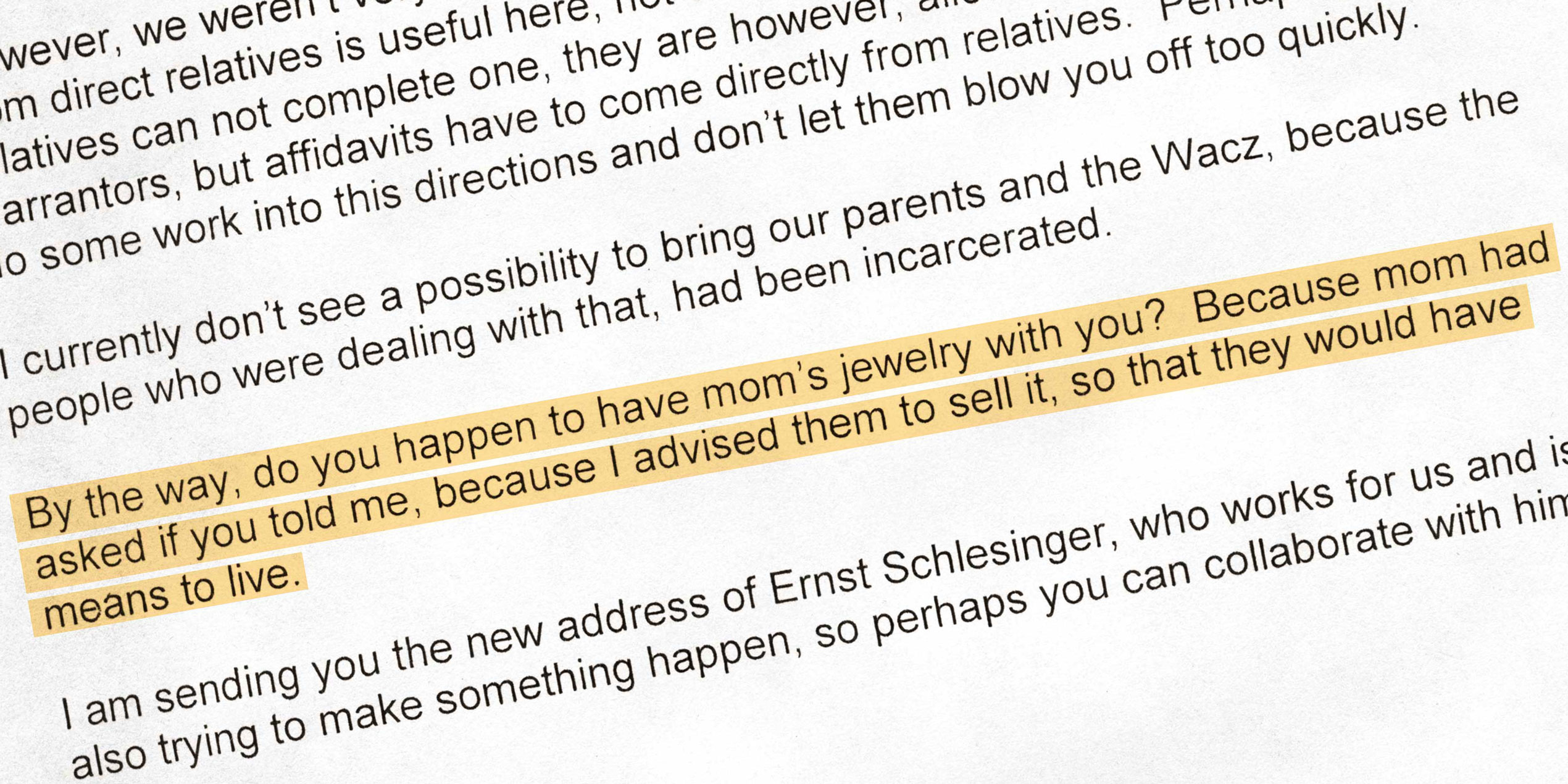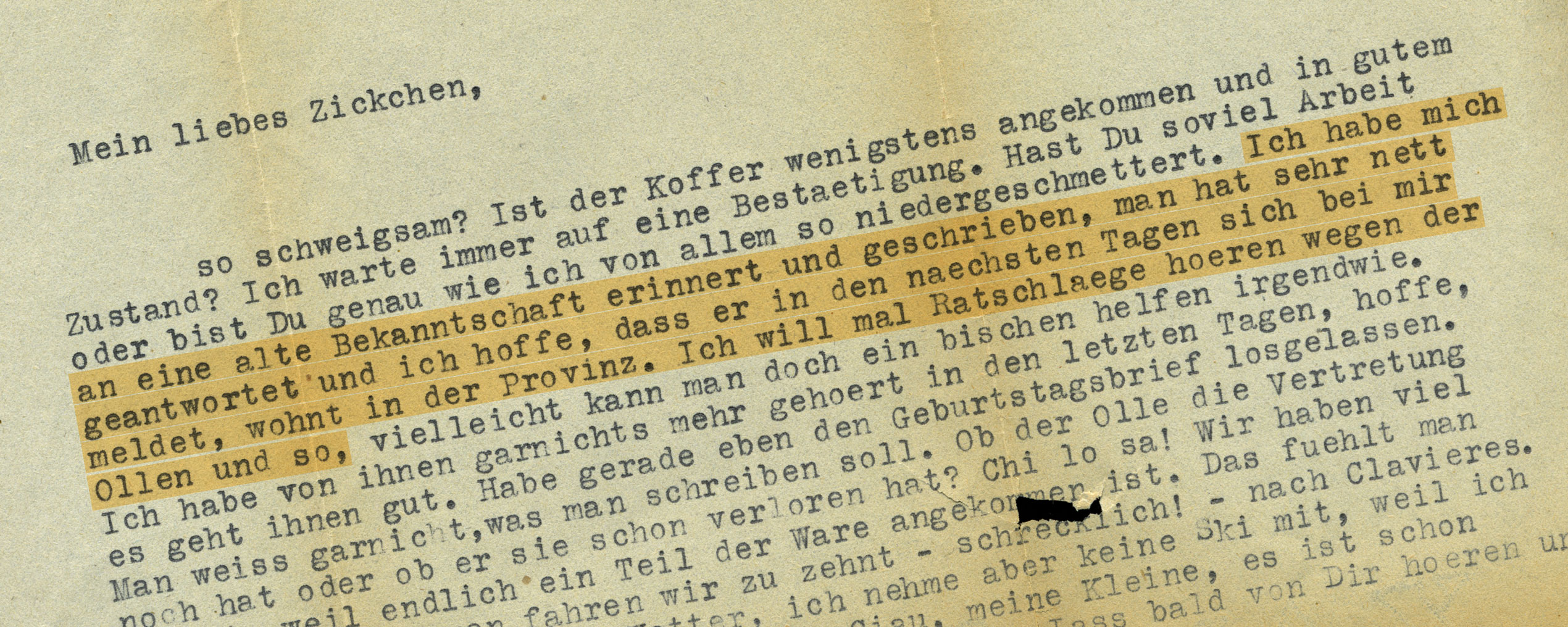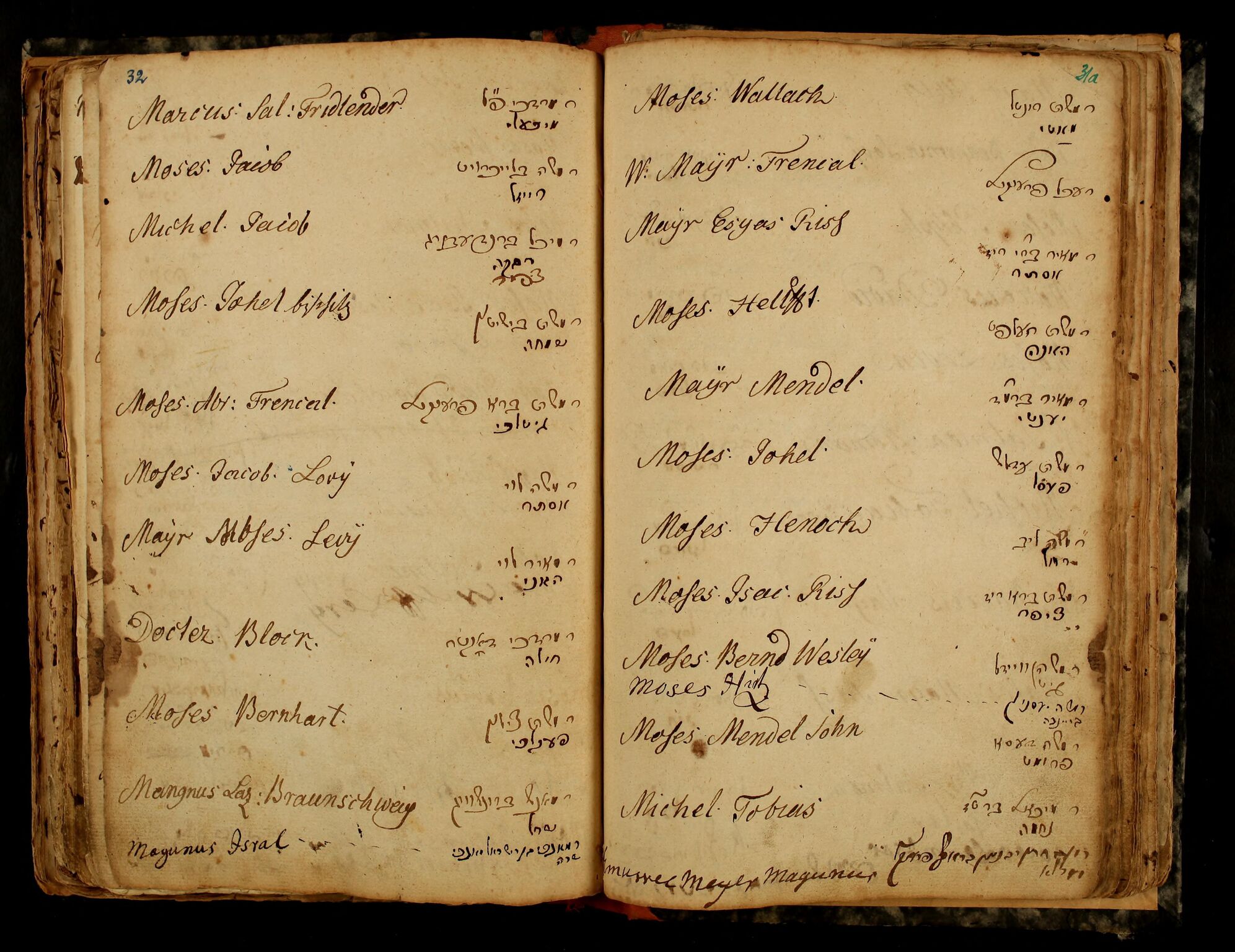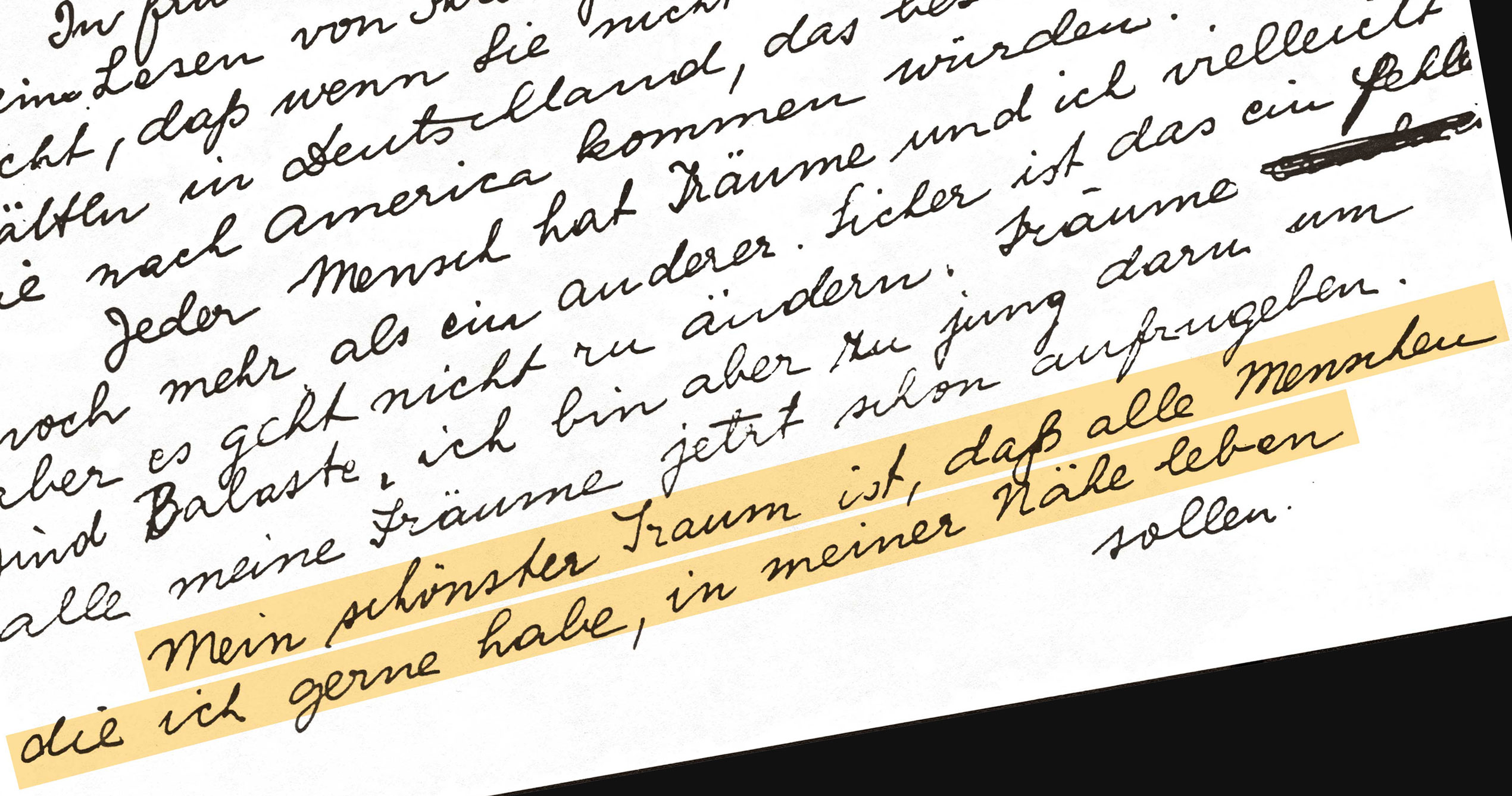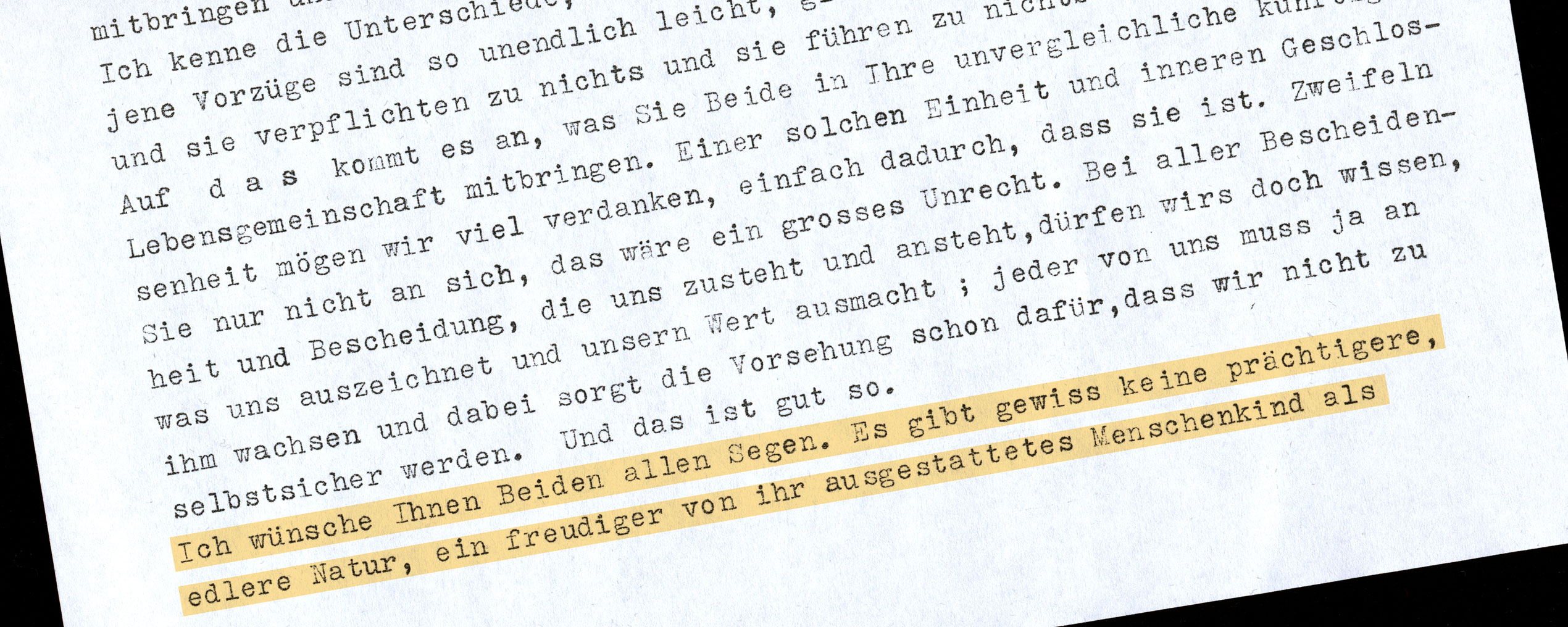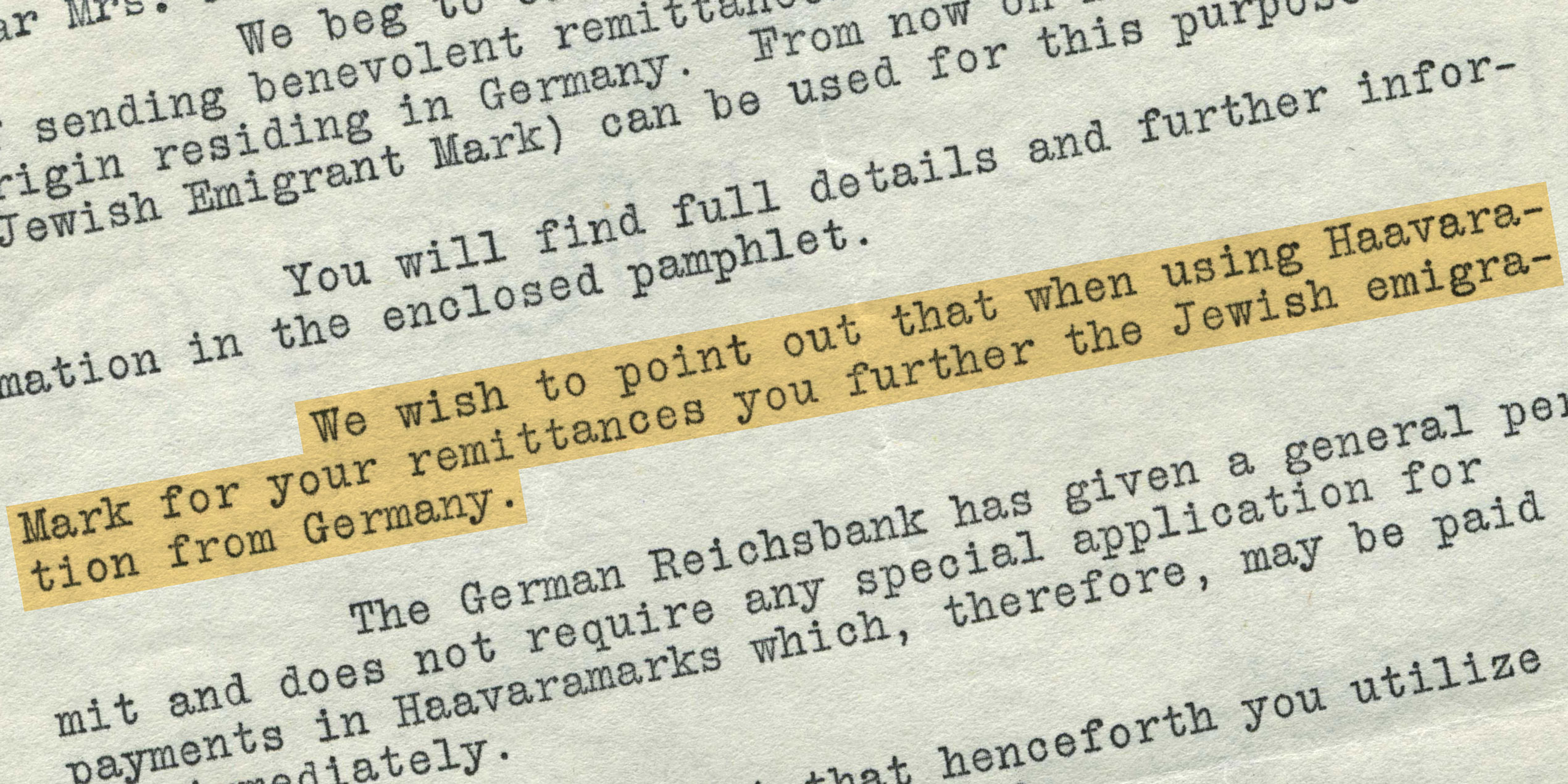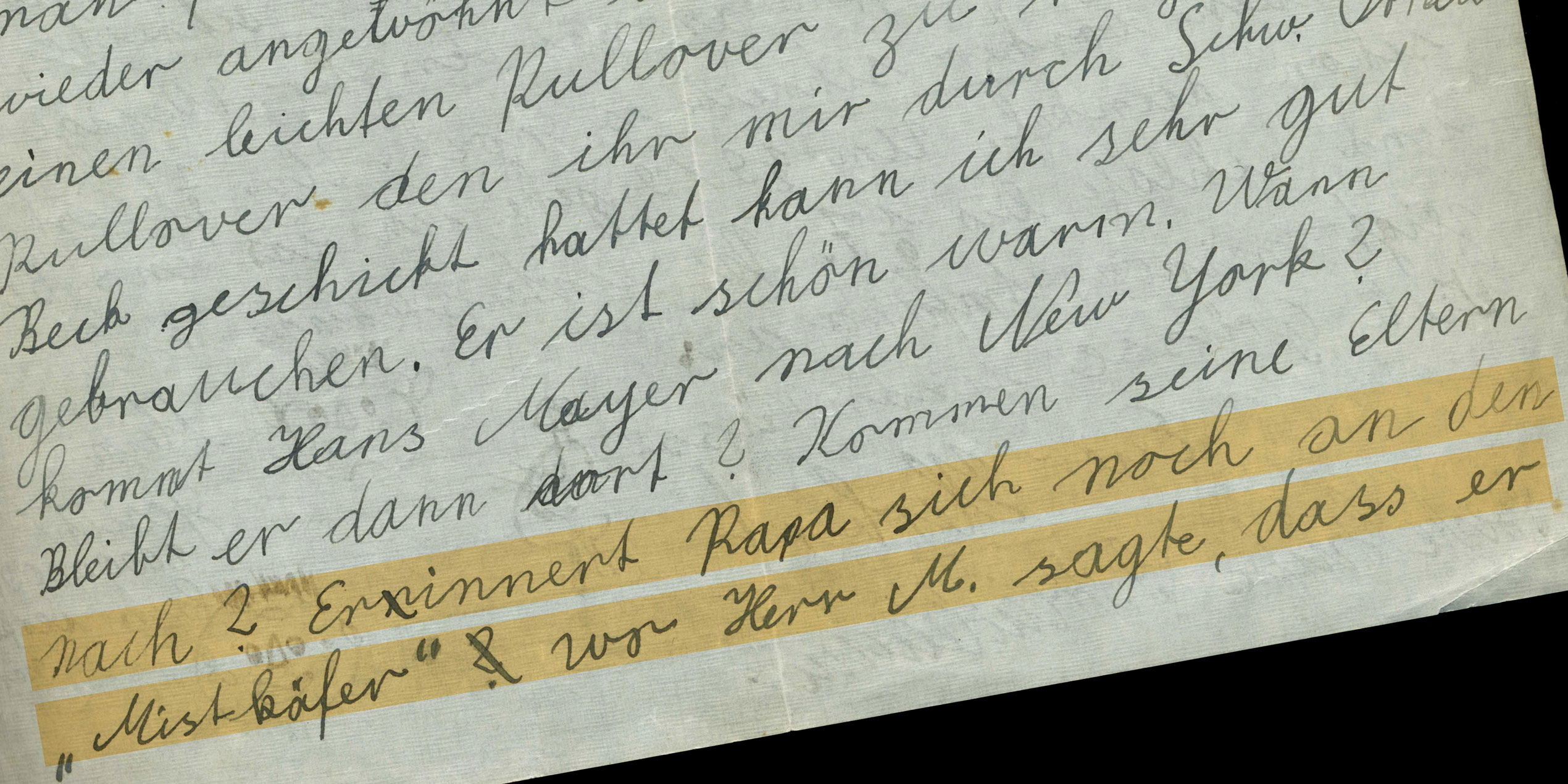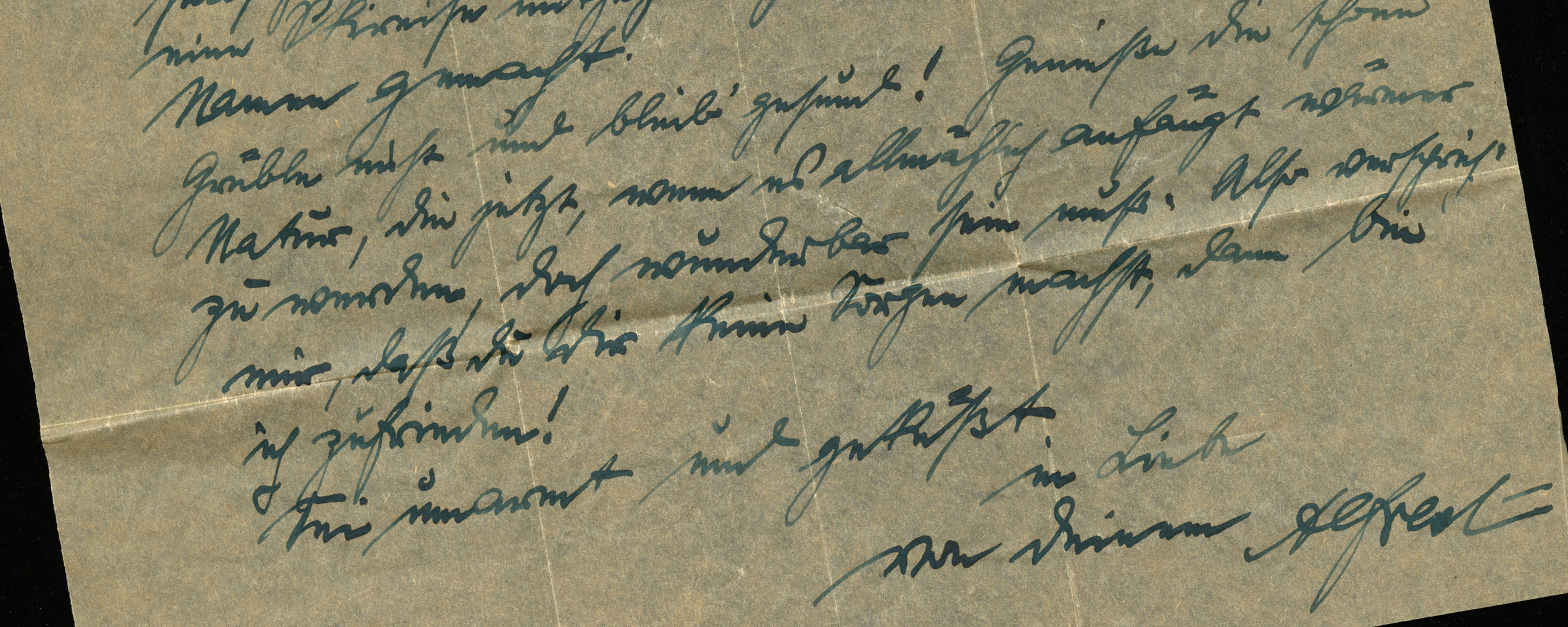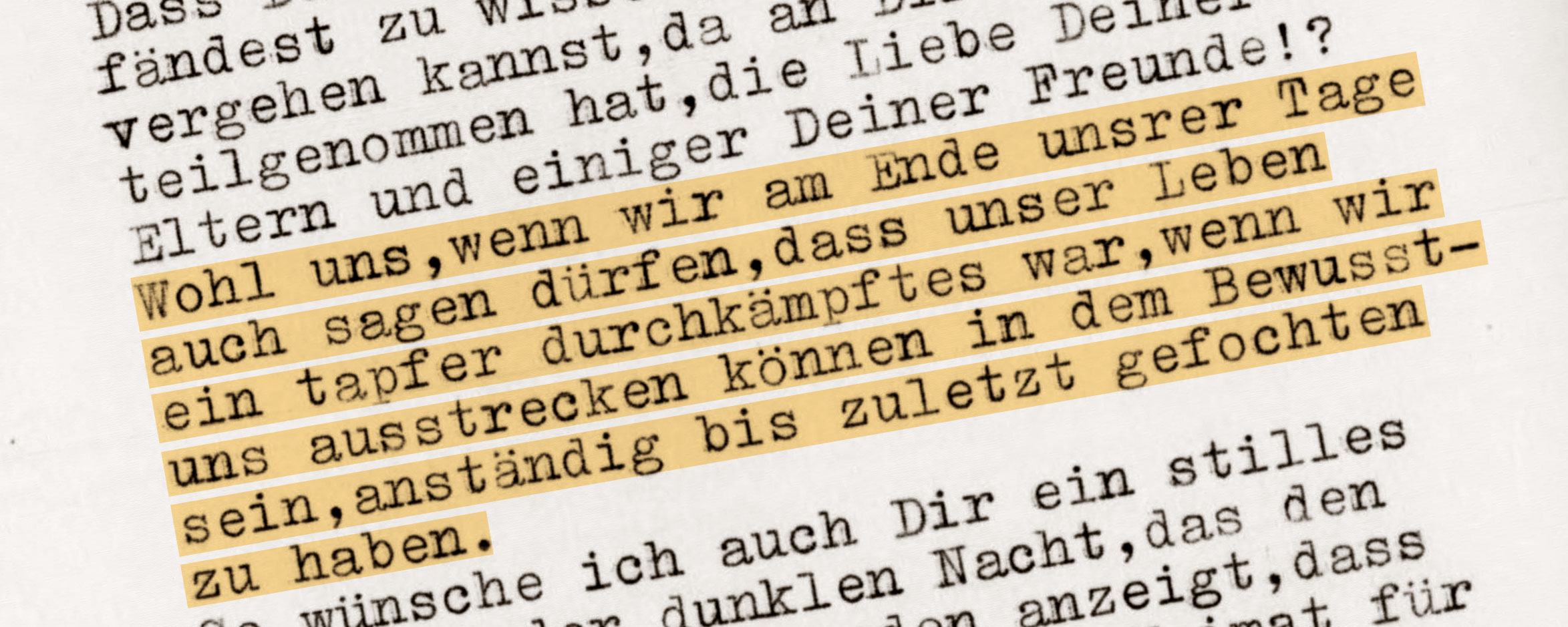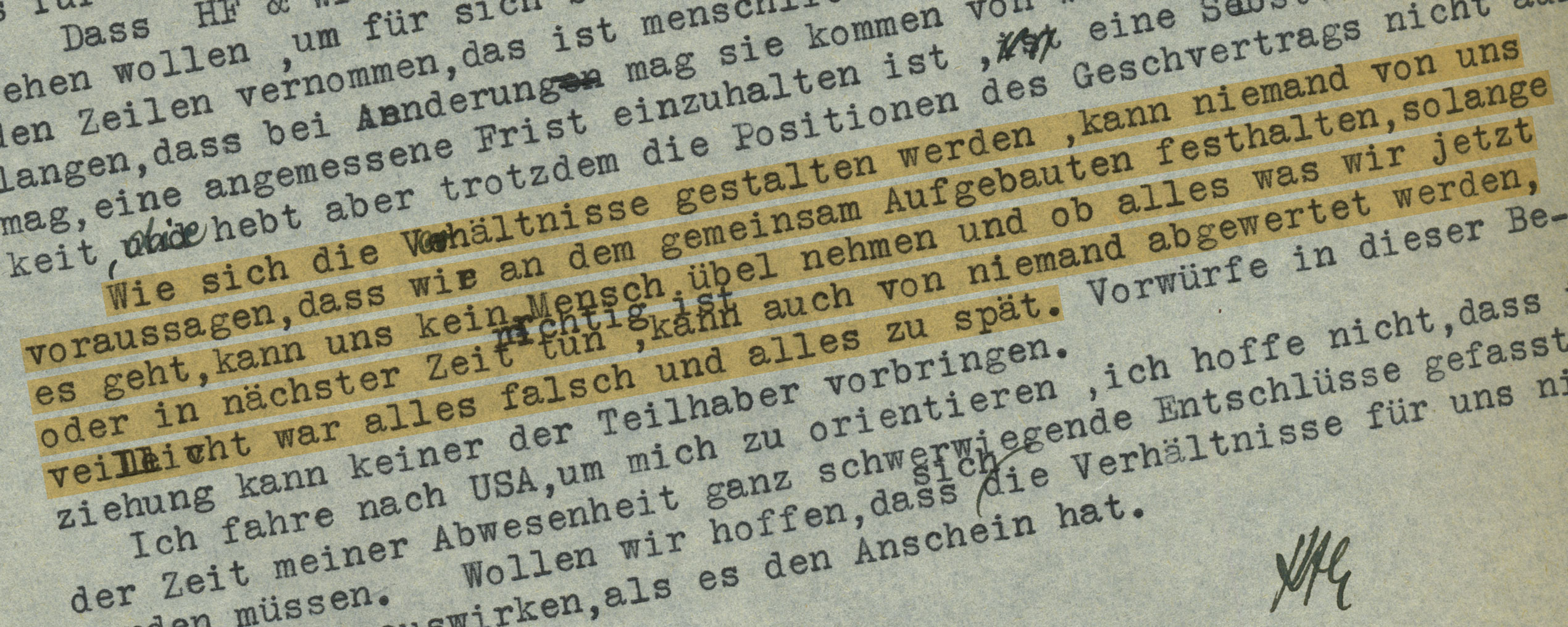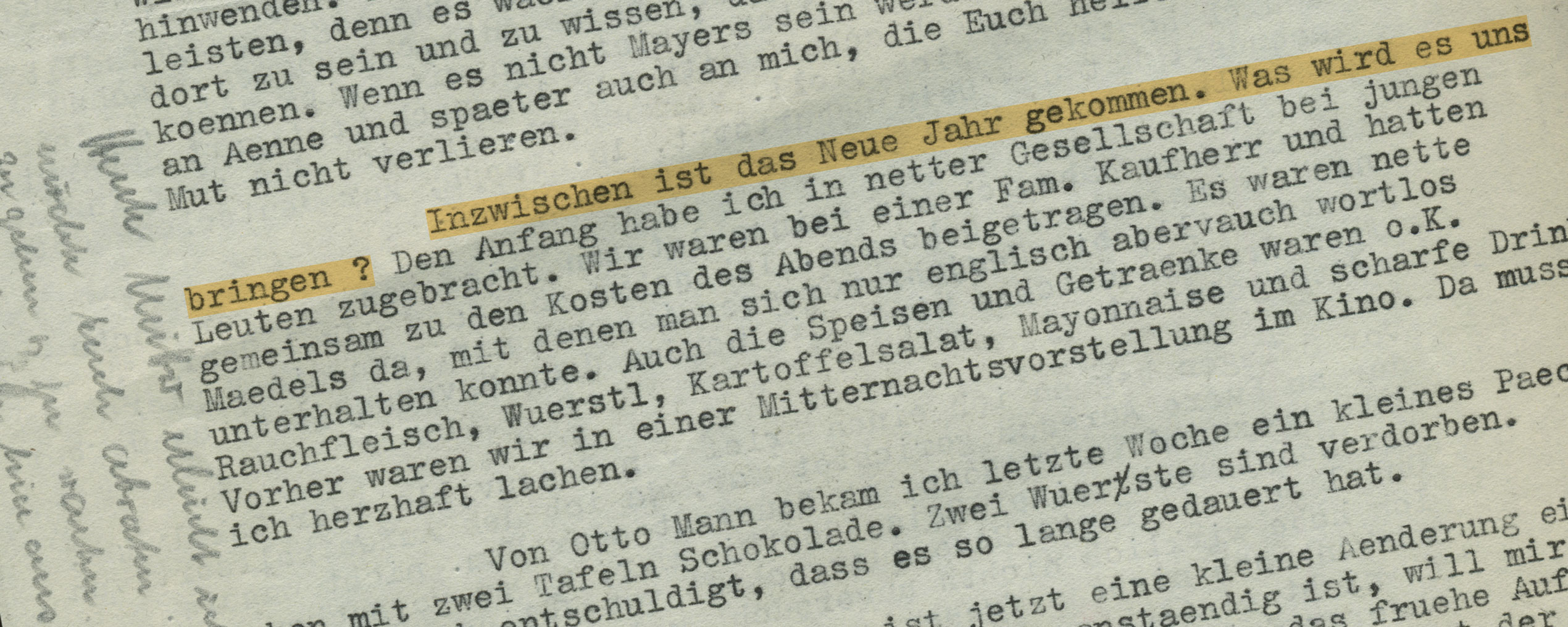Recommendation from Karl Bonhoeffer
Klaus' and Dietrich's father puts in a good word for a colleague
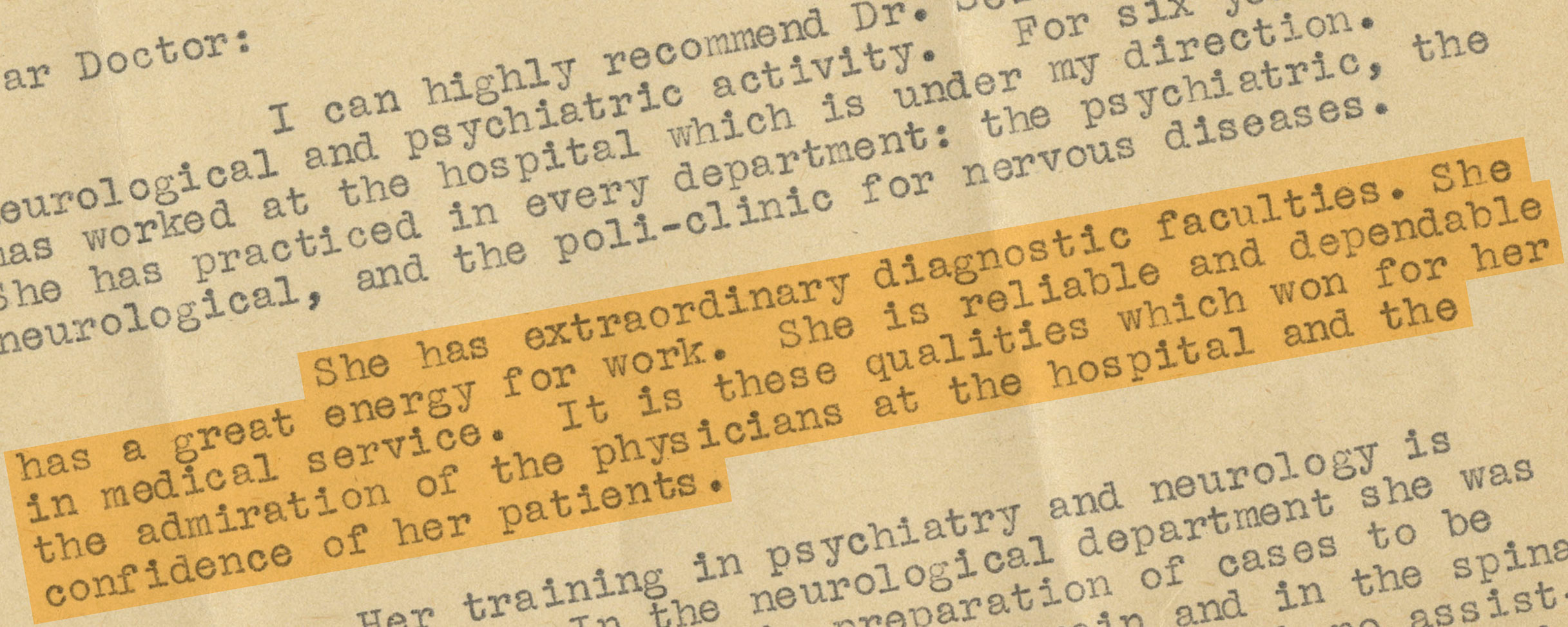
“She has extraordinary diagnostic faculties. She has a great energy for work. She is reliable and dependable in medical service. It is these qualities which won for her the admiration of the physicians at the hospital and the confidence of her patients.”
Berlin
Prof. Karl Bonhoeffer, a psychiatrist and neurologist as well as the father of two prominent opponents of the Nazi regime, Klaus and Dietrich Bonhoeffer, taught at Friedrich Wilhelm University in Berlin and was in charge of the Department for Mental and Neurological Diseases at the Charité Hospital. In this letter of recommendation, written in English for use in exile, Bonhoeffer praises the extraordinary achievements of his Jewish colleague, Dr. Herta Seidemann. While his attitude toward certain Nazi programs (such as the forced sterilization of carriers of certain congenital diseases and euthanasia) remains controversial, his efforts on behalf of several Jewish colleagues are indisputable.
SOURCE
Institution:
Leo Baeck Institute – New York | Berlin 
Collection:
Herta Seidemann Collection, AR 25060 
Original:
Box 1, folder 5
Source available in English








































